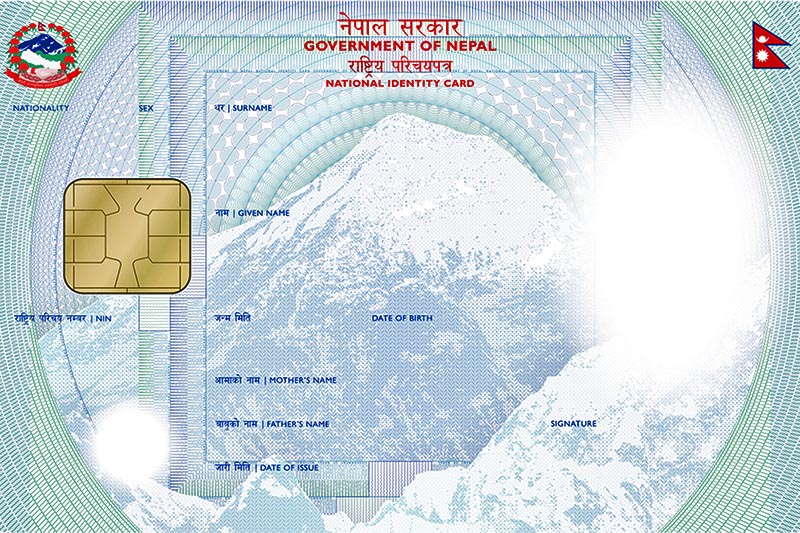‘5.4 million people stateless in Nepal’
Kathmandu, April 21
An estimated 5.4 million individuals (24 per cent of the population aged 16 years and above ) lack citizenship documentation in Nepal, said the Country Reports on Human Rights Practices for 2017 released by the US Department of State today.
Citizenship documents, which are issued at the age 16 years, are required to register to vote, register marriages or births, buy or sell land, appear for professional exams, open bank accounts, or gain access to credit and receive state social benefits.
Prior to the 2013 Constituent Assembly election, the government deployed citizenship/voter registration mobile teams to remote areas to issue citizenship cards and register new voters. The Ministry of Home Affairs reported issuing more than 600,000 new citizenship cards during the exercise.
“Constitutional provisions, laws, and regulations governing citizenship discriminated by gender contributed to statelessness. The constitution states that citizenship is derived from one Nepali parent, but it also stipulates that a child born to a Nepali mother and a non-Nepali father may obtain citizenship only through naturalisation,” the report read.
“Mothers faced extreme difficulties in securing citizenship papers for children of Nepali parents, even when they possessed Nepali citizenship documents, except in cases in which the child’s father supported the application,” read the report. These difficulties persisted despite a 2011 Supreme Court decision granting a child Nepali citizenship through the mother if the father was unknown or absent,” it added.
The constitution states that the children of unidentified fathers may obtain citizenship through their mothers, but if it is later determined that the father is a foreign citizen, the child loses citizenship by descent and becomes eligible for naturalisation, it said. In practice, many single women face difficulties registering their children as citizens by descent.
The Supreme Court ruled in May that government authorities must not deny the registration of birth and citizenship of children of Nepali mothers and fathers who cannot be traced.
According to human rights lawyers, although this provision applies to the children of single mothers, including rape and trafficking victims, it does not address situations in which the father is known but refuses to acknowledge paternity. The legal and practical restrictions on transferring citizenship imposed particular hardships on children whose fathers were deceased, had abandoned the family, or (as was increasingly common) departed the country to work abroad.
“Since naturalisation is not a fundamental right under the constitution, although it could be an option for those not eligible for citizenship by descent, it is subject to state discretion. Although they lack specific data, human rights lawyers reported that the government has processed few applications for naturalization of children in recent years,” according to the report.
For women and girls to obtain citizenship by descent for themselves, regulations require a married woman to submit a formal attestation from her husband, father, or husband’s family (if widowed) that she qualifies for citizenship and has his or their permission to receive it. This requirement makes a woman’s right to citizenship contingent on her father’s or husband’s cooperation.
“In many cases husbands refused to provide their wives this attestation. Preventing women from obtaining citizenship documentation precludes their access to the courts and thus their ability to make legal claims to land and other property, which permits the husband or male relatives free to stake their own claims,” the report said.
While stateless persons did not experience violence, they experienced discrimination in employment, education, housing, health services, marriage, birth registration, identity documentation, access to courts and judicial procedures, migration opportunities, land and property ownership, and access to earthquake relief and reconstruction programmes, according to the report.






